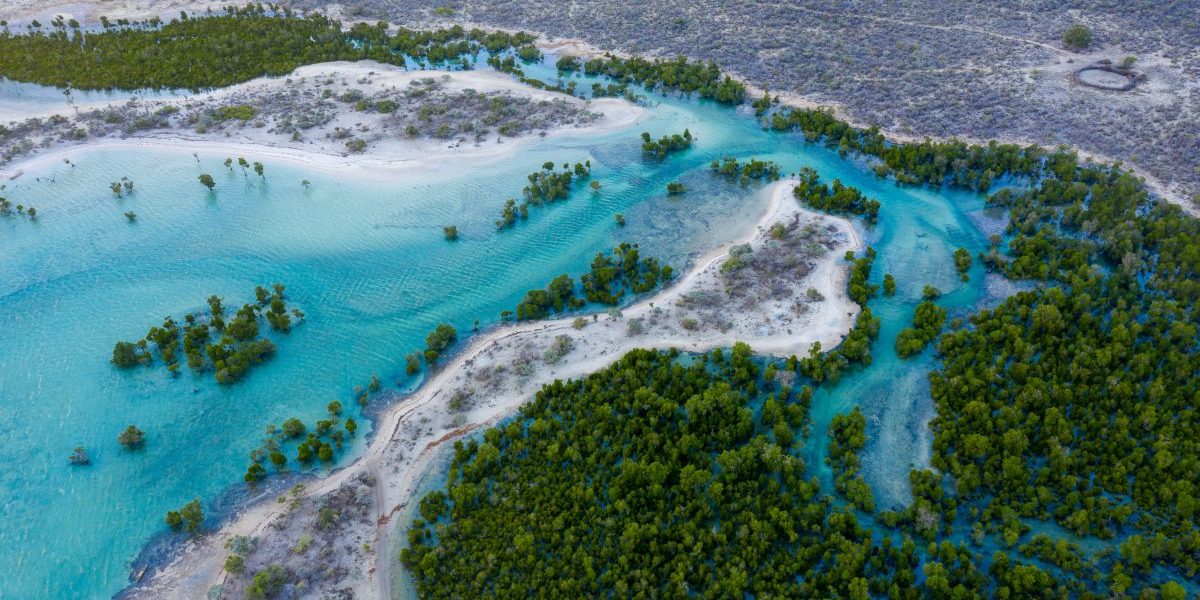Summary:
- Ecosystem-based adaptation (EbA) is the use of biodiversity and ecosystem services as part of an overall climate adaptation strategy to help people adapt to the adverse effects of climate change.
- While the role of oceans and coasts has been largely absent in national and international climate policy architectures, these ecosystems are extremely important for both climate adaptation and mitigation.
- In Southern Africa, this is particularly important given that coastal environments are home to a high concentration of biodiversity and people.
- While implementing EbA in SADC’s coastal zones presents several unique challenges, a lack of targeted coastal adaptation options and coastal restoration initiatives will impede Africa’s ability to transition toward a climate-resilient and robust development pathway.
- Collaborative partnerships and effective dialogue are required between regional, national and local government and multi-stakeholder groups such as private sector partners, non-governmental organisations and coastal communities.
- In addition, community involvement and the recognition of vulnerable groups should be considered from project inception, as knowledge about sustainable ecosystem management often lies at grassroot levels.
- This report provides a high-level assessment of marine and coastal EbA in SADC using case studies and best practice examples from the region related to innovative financing models for EbA, effective EbA policy instruments and engagement platforms, and partnerships and community involvement in EbA interventions.
Listen:








